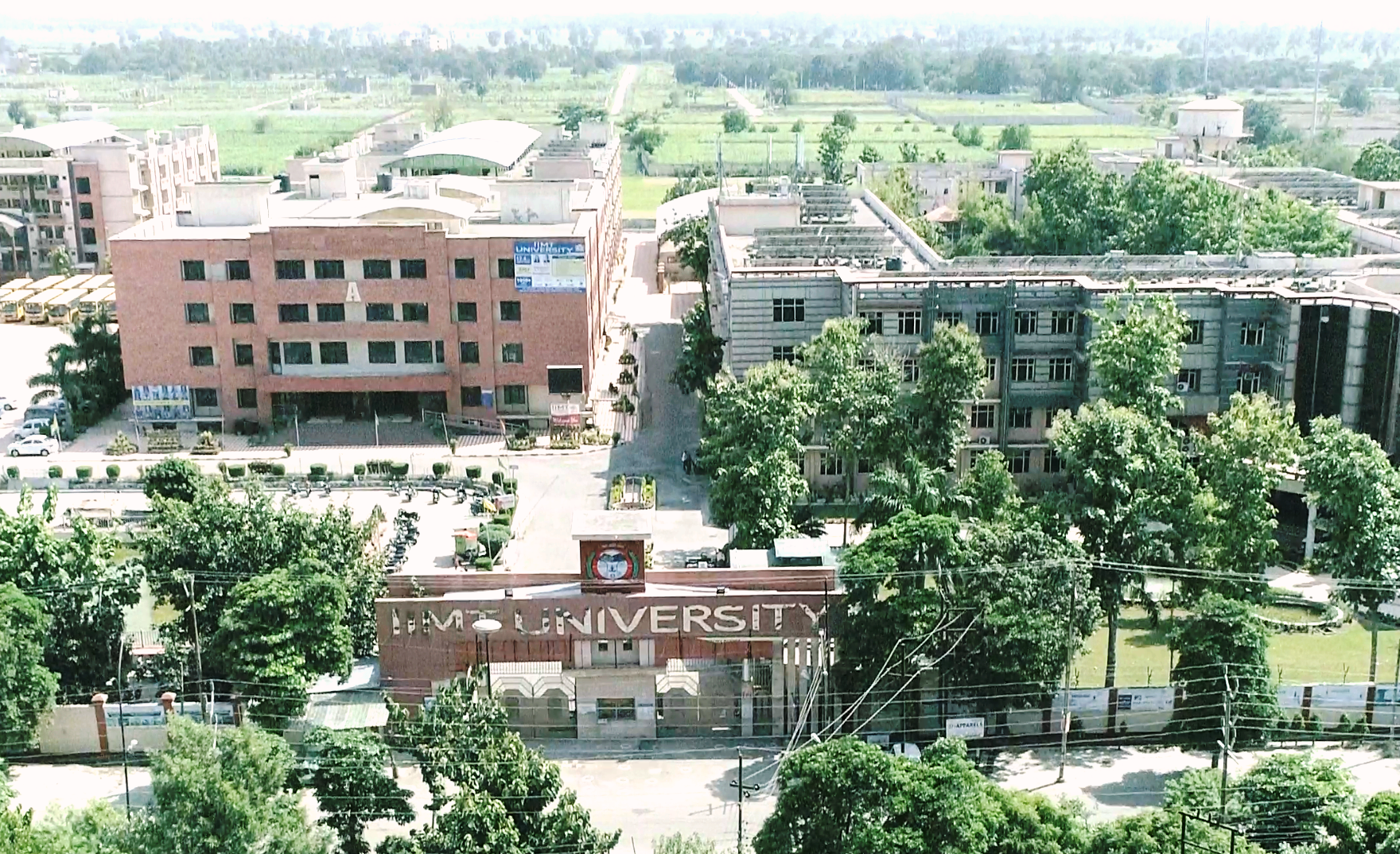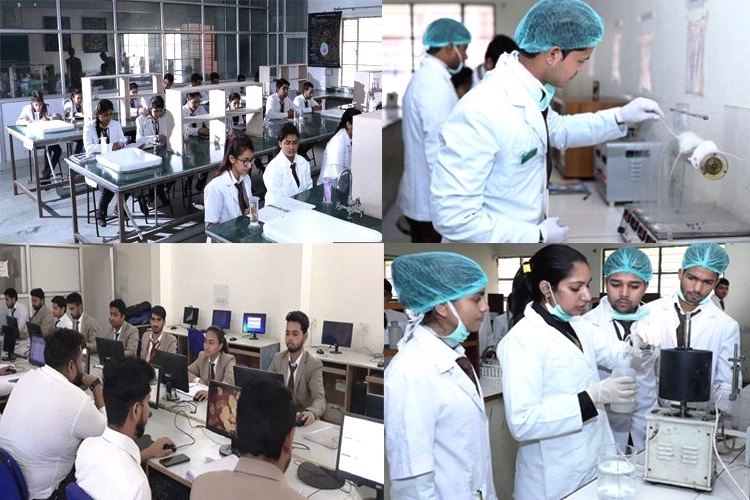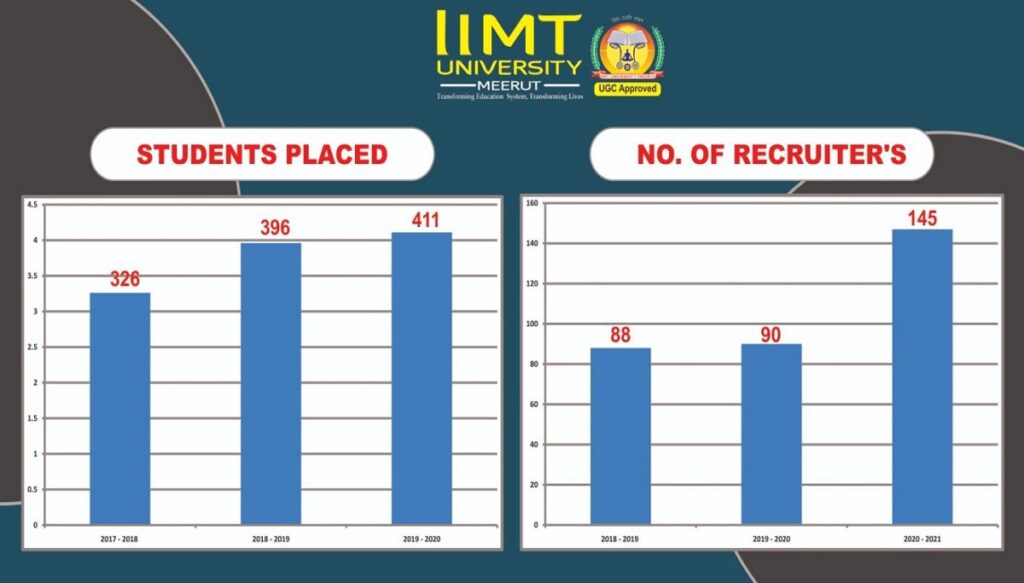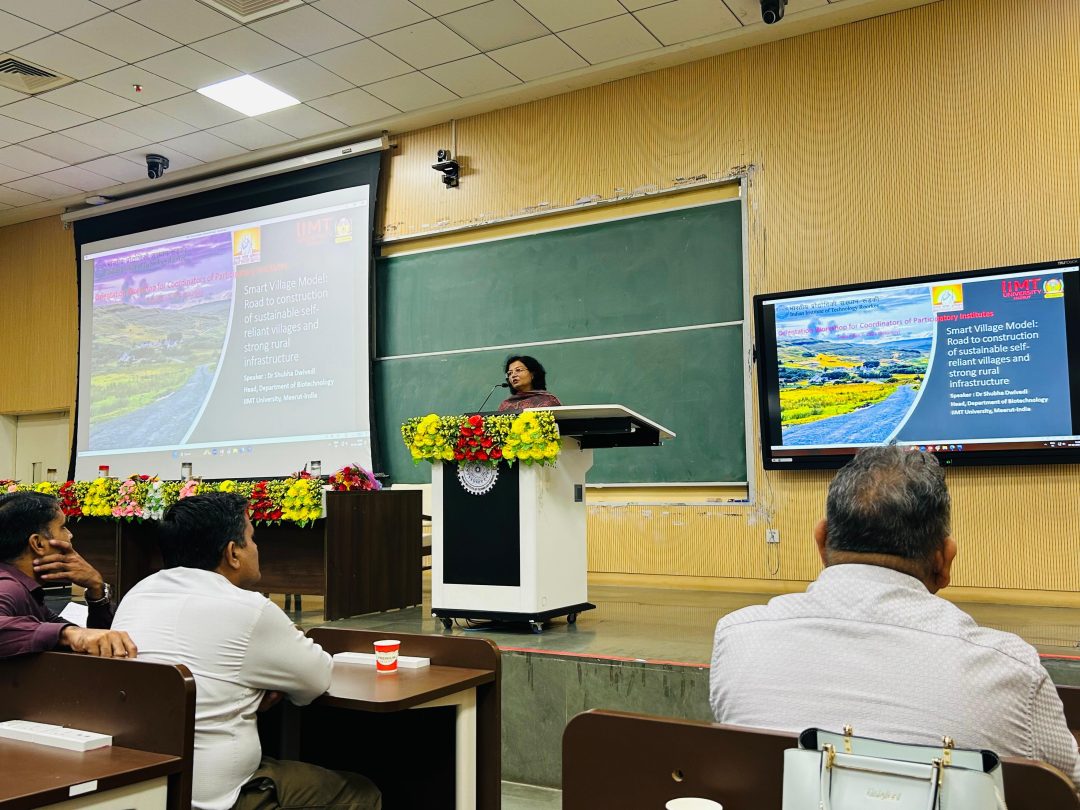All medical service frameworks are based on pharmacy, and without pharmacy, the medical care framework is inadequate. The pharmacy profession has significantly extended its expert service delivery and is now recognized as a significant calling in the multidisciplinary arrangement of medical services. Anyone who takes a course in pharmacy becomes a pharmacist and is also known as a PHARMACIST. The minimum expertise required for a pharmacist is a Diploma in Pharmacy. Pharmacists are the backbone that reinforces the medical care framework.
Pharmacists offer a comprehensive set of technical skills and expertise that transform patient care, reduce health disparities, and add value to research and decision-making.
As a huge number of graduates with a lot of obligations compete for occupations consistently, pharmacy teachers should prepare students to search for places that may not be conventional or recognizable. They should also articulate their adaptable skills, such as having a creative mindset and a team focus, and promote the benefits of involving their medicine skills in different ways.
❖ The questions we should ask ourselves are:
1. Are we taught an adequate number of jobs that didn’t exist when we were preparing?
2. Are we “beating a dead horse” about community and hospital positions and not focusing enough on other opportunities that graduates can create and develop with their pharmacist skills?
Given the current market demands, societal views on capitalism, and expectations on how healthcare will change, being resistant to new opportunities or ignoring the currently limited job market may put our graduates at risk of not meeting their full potential. Given these questions and issues, pharmacy educators must articulate a new vision for what pharmacists do and how they function, and they need to be ready to discuss opportunities that exist beyond traditional roles. We need to enhance our awareness of identifying potential alternative and unconventional roles and educate our graduates on how to successfully secure such opportunities.
❖ When exploring pharmacy colleges in India, consider factors such as:
⮚ Accreditation
⮚ Faculty expertise.
⮚ Infrastructure
⮚ Placement opportunities.
⮚ Industry tie-ups.
Look into the curriculum, research facilities, and alumni network for insights into the college’s quality and reputation. Additionally, check for affiliation with professional bodies and regulatory compliance. All of these factors are explored in pharmacy colleges in India, making them perfect for the growth of students in pharmacy. Many colleges in our country open without faculties or labs, but only students. This is incorrect, and repetition of colleges” can negatively impact students’ futures. Let’s analyze each factor in detail and comprehend their significance.
1. Accreditation:
This is an authoritative endorsement given by an association when someone/something achieves a specific standard. The college/institute fulfills all the necessary requirements to run a pharmacy college and excel in their area. They have beenawarded an accreditation certificate by the authority.
Pharmacy accreditation is a process that guarantees the fulfillment of genuine obligations by pharmacies. With the assistance of established business structures, pharmacies can self-inspect their certificates and evaluate their arrangements within the existing framework. They can assess suggestions, make changes, and work towards improving their business practices. The licensing system for pharmacies in India should encourage the maintenance of a standard of excellence and promote continuous improvement in local pharmacy practices, ultimately benefiting the country.
(a) AICTE: AICTE is the short form of All India Council for Technical Education. It is a statutory body and the nationwide council for technical education in India. AICTE was created with the aim to advance the improvement of the academic situation in India.
(b) PCI: PCI means Pharmacy Council of India, is a statutory body of the Indian Government that provides approval for conducting Pharmacy courses in an institute. It has many parameters for colleges before giving approval, such as infrastructure, number of teaching and non-teaching staff, laboratories, library, etc. If an institute fulfills all of these requirements, it will receive PCI approval to offer a pharmacy course in its colleges or institutes.
2. Faculty Expertise:
Regarding higher education, the significance of faculty expertise cannot be overstated. Expert faculty members bring years of experience and knowledge to the lecture room, enhancing the learning experience for students/learners. This is especially significant in exploration and development, which is fundamental for institutions attempting to remain at the forefront of their respective fields. Students also benefit from being trained by expert faculty who can guide them through their academic process and provide mentorship. Faculty expertise also plays a vital role in maintaining the quality of higher education.
Institutions focusing on workforce skills are more likely to attract top talent and maintain their reputation as centers of excellence. Of course, faculty expertise is imperative for ensuring advanced education proceeds with progress and development. Faculty expertise plays a critical role in shaping the quality of higher education and its ability to prepare students for success in their chosen fields.
3. Infrastructure:
Infrastructure is a crucial part of any college/institute. Many colleges in our country which doesn’t have any infrastructure then its run. Infrastructure such as laboratories, libraries, computer centers, amenities, RO drinking water facilities, etc.
4. Placement Opportunities:
Generally, students receive education from any college/institute, but face difficulties in finding employment/placement, if they are given placement from the college itself, it will prove to be highly beneficial for their bright future to a great extent. All educational institutions should deeply consider this aspect.
5. Industry tie-ups:
This indicates that the college has established relationships with companies, which can be advantageous for students pursuing a degree in the pharmacy field. This allows students to be easily placed in many renowned companies.
❖ Conclusion:
In this blog, we explore what a pharmacy college should be like for those considering a career in pharmacy. Many factors are explained for how to choose the best college for pharmacy, such as accreditation, faculty expertise, infrastructure, placement opportunities, and company tie-ups. The College of Medical Sciences (IIMT University Meerut) meets all these standards. 80% of our students are placed with the highest package of around INR 16 LPA. The average salary package ranges from INR 4 to 8 LPA. We have partnerships with top recruiting companies, including Apollo, Pfizer, Infosys, TCS, HCL, Wipro, Cognizant, Coforge, Capgemini, Adani Group, KPMG, Pritam International, and more. IIMT University is accredited by UGC, PCI, AICTE, and all relevant statutory bodies.
IIMTU has a high number of PhD-holding faculty members, as well as adequate teaching and non-teaching staff. Collaboration in research between universities is becoming increasingly important in the modern world. In today’s competitive academic environment, universities must collaborate to stay ahead of the game. At IIMT University, collaboration in research is a key factor for success and growth. Working with other universities and institutions, we can share knowledge and resources that help us reach our goals faster and more effectively. Research collaboration also helps us build relationships with experts from different fields, which can be invaluable for tackling complex problems.
Therefore, choose a great college and select IIMT College of Medical Sciences (Pharmacy) to give your career the right boost!
Author: Mr. Robin Singh,
Asst. Professor, College of Medical Sciences (Pharmacy).
To be a part of a great Pharmacy college, click here.


















